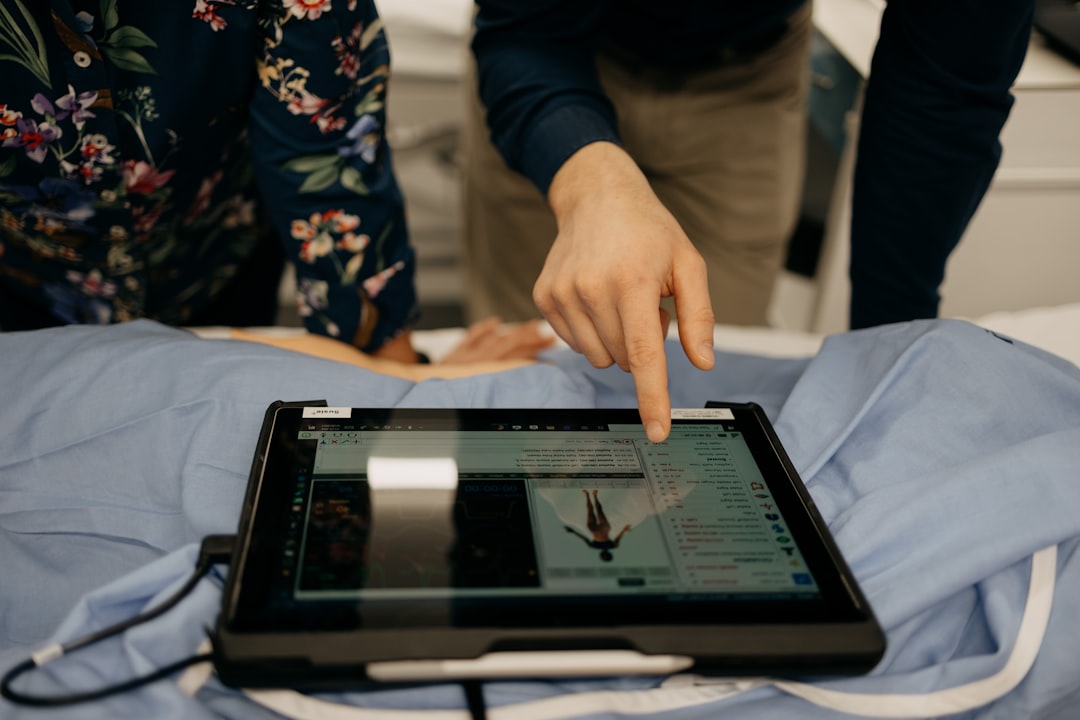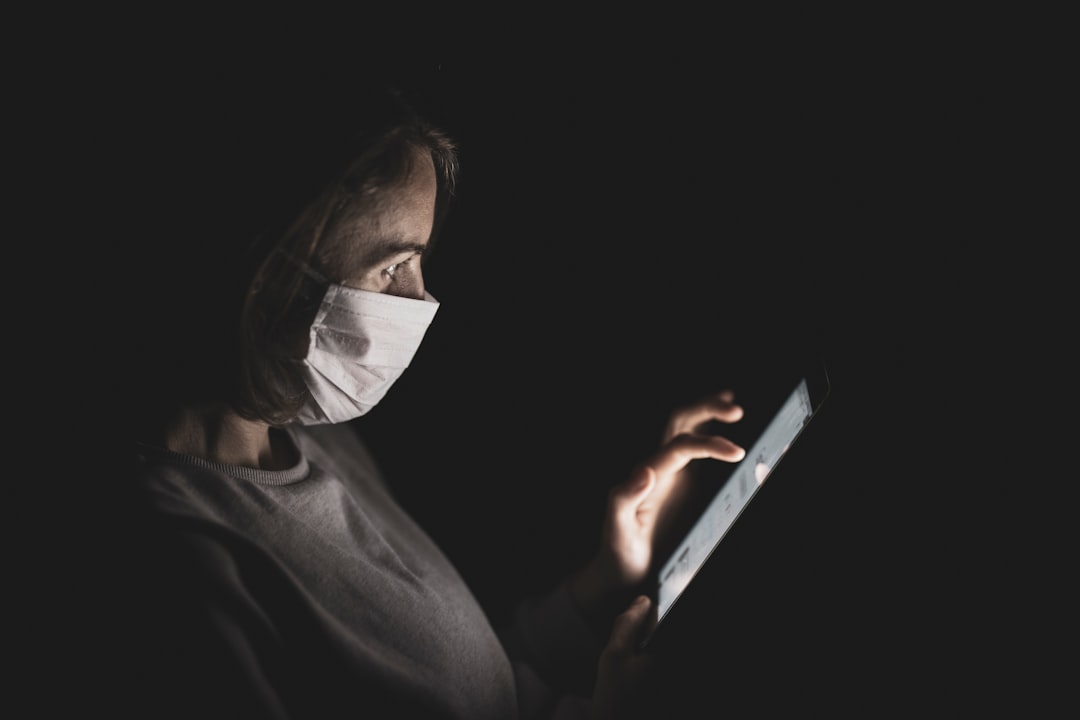The Digital Health Report
The best of Carecode Digital Health Hub, along with the latest insights, information, inspiration, and resources from the evolving world of Digital Health, sent straight to your inbox for free!

Let’s take an intense look at the current situation in Nigeria’s healthcare ecosystem, which has been suffering from a massive brain drain that was more obvious and conspicuous immediately after the pandemic.
Advanced countries hit hard by the pandemic were in short supply of healthcare professionals.
They needed to quickly replace healthcare professionals lost during the pandemic to death, burnout, or even depression.
So, they looked at rich hunting grounds like Nigeria, and the hunt began. And ever since, they haven’t stopped; even though there has been a recent decline in the rate of healthcare professionals leaving the shores of Nigeria, there’s still significant movement.
A recent report estimates that 35,000 healthcare professionals have left Nigeria, with US and UK being the preferred destinations.
We don’t know the most recent exact numbers, but it will definitely be huge, and it’s not stopping anytime soon.
There’s absolutely nothing we can do about it.
Even if we finally discover or create a “solution,” how long will it take for the remedy to cure the illness? Another five or ten years or more?
So, instead of waiting for a miracle, we can look around us and harness digital technologies to cover the gaps left by massive brain drain.
Digital Health To The Rescue
I have been in the digital health sub-ecosystem of the healthcare ecosystem for some time, and there’s a whole of potential in the digital health industry.
As someone who dwells more on the information side of healthcare, I come across a lot of news, data and reports daily, and all I can say is that the digital world is advancing at an incredible pace.
And with the latest mind-blowing developments in artificial intelligence and machine learning, one can only sit down and watch in wonder as things we once thought were just science fiction are gradually becoming a reality.
However, Africa, on the other hand, must do all it can to tap into the flow.
Yes, we can’t stop our doctors, nurses and healthcare professionals from leaving the country, but there’s something we can do.
We can utilise digital health to bring many of these advanced technologies to people in Africa.
Well, maybe not from A-Z, but we can at least leverage technology to connect our population to the global community of healthcare professionals.
Let’s take a closer look at the aspect of radiology [the medical speciality that uses various imaging techniques to study internal organs].
Recently I was listening to a short interview on Arise TV.
They were interviewing an interventional radiologist; he happens to be the only significantly active specialist in this area in Nigeria.
Imagine having just one or maybe two interventional radiologists in a country with more than 200 million people.
That’s wild! I mean unbelievable! If I must say.
And he talked about the number of radiologists that have left the country in the past four or five years.
The numbers are alarming.
If we are losing medical specialists in a country in dire need of advanced medical skills and nothing is being done about it, a time might come that we may have to watch many of our people suffer and die because there may be no one to look after them, especially people who can’t afford to travel to India or the United Kingdom or the United States.
Then he said something very interesting.
He said that they founded a company that utilises technology to bring the services of radiologists from all over the world to Nigeria.
So, they simply built a platform for radiologists where patients in Nigeria can upload their films and scans to be read by these radiologists anywhere in the world.
The radiologist reads them and gives their advice on what needs to be done for the patient.
So, though we may have lost them, technology still connects us.
Isn’t that amazing?
And this kind of intervention can be replicated by other medical specialists.
We can start from somewhere.
We may still be grossly deficient in other critical aspects, like having specific advanced medical procedures performed in the country [there are medical procedures that digital technologies can’t entirely replace]. Still, ideas like this that leverage technology bring hope to us that it’s possible to make a difference and cushion the effect of brain drain ravaging our healthcare ecosystem.
The Pandemic Brought Opportunities

The pandemic brought a massive wave of explosions in digital innovations.
All kinds of ideas and innovative solutions erupted everywhere, seeking to solve the challenges unearthed by the pandemic.
Though, lately, we’ve been experiencing a slowdown in the digital health industry [in the aspect of funding], there’s still a lot of work going on, especially in Africa’s digital health ecosystem.
Many digital health startups are growing to become excellent health service providers in Africa with their innovative methods of solving some of the continent’s most pressing healthcare challenges.
Matibabu, a diagnostics health startup founded in 2018, designed a device that can detect the presence of malaria in blood without blood tests.
Now, that’s revolutionary and so exciting.
What about 54gene [everyone is talking about the extraordinary work done here]? There are working hard to fill the global gap in the [African] genomics industry. They are doing a lot of admirable work in the drug discovery and clinical trials ecosystems of healthcare in Africa.
Then there’s Mobihealth, one of Nigeria’s leading telemedicine platforms with a rich global network of healthcare professionals. And a couple of other digital health startups, like Helium, Safermom, Famasi, Find-a-med, Wellahealth, Doctoora, Cardium and Drugstoc, amongst others, are all innovating and transforming healthcare in Africa with brilliant ideas and solutions.
Though the continent might not be fully ready for the total adoption of digital health, we are indeed on the right path and with the gradual infiltration of smart devices, there will be a steady uptake of the digital culture among more Nigerians and Africans.
Patients still prefer to talk “face to face” with their doctor or healthcare provider than speak with them through a screen; this is where advocacy, health education and communication become necessary.
We must educate people that digital health services can be as effective as physical person-to-person healthcare services.
Nurturing The Digital Culture

Hospitals and healthcare institutions need to start thinking of the future.
They may not begin by incorporating complex processes; they can start with simple systems that gradually introduce patients and clients to digital health.
It will take some time, but with concentrated efforts and continuous work, we will surely succeed in building a solid digital culture in people.
They must know that their smart devices and gadgets are for more than just entertainment or casual communication. They can use them to access different degrees and levels of healthcare.
Is digital health perfect?
No. It’s not.
It has drawbacks, especially in developing African societies that still struggle with essential amenities like electricity, security and health insurance.
Healthcare startups in Africa are thriving because of their tough resolve to survive and help people.
The funding is low compared to the funding Financial Startups receive, and this may be partly because of the government’s poor investments in healthcare here in Africa.
According to the latest African Tech Startups Funding Report, the African Fin-tech industry secured $ 1.45 billion in funding in 2022 [a 39.3 per cent increase from the previous year], while the healthcare startup ecosystem only received about $189 million [behind e-commerce and retail-tech].
We can’t rely on digital health alone to address the brain drain here in Africa. The government still has to address the root of the problem.
If the government refuses to address the root causes, we will find building digital health structures in Africa challenging. But if the government sits down and addresses the problems from the root, we’ll have a solid foundation to sustain ideas, innovations and digital communities.
The ongoing brain drain in countries like Nigeria will not stop anytime soon.
And the government can’t stop healthcare professionals from leaving the country. What they can do instead is look for real solutions to the problems and one tool they can utilise is digital health.
If the government can invest more in Nigeria’s emerging digital economy it will be easier for entrepreneurs to bring their ideas to life and solve many of the problems plaguing our healthcare ecosystem.
Share this article:




